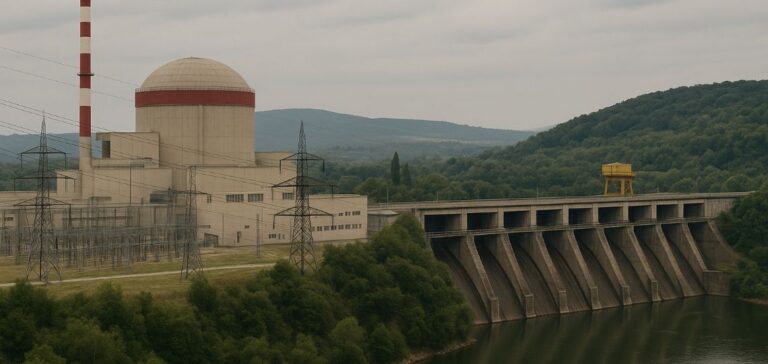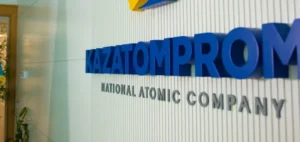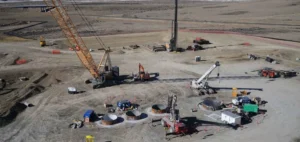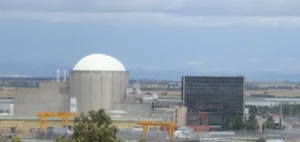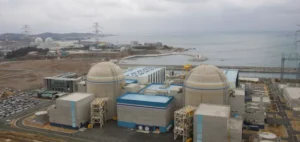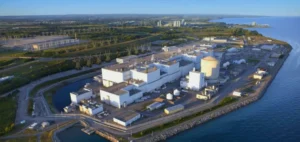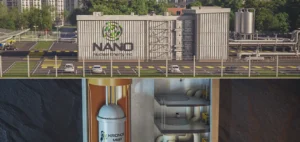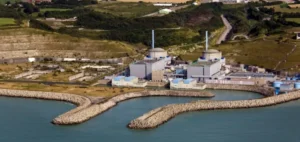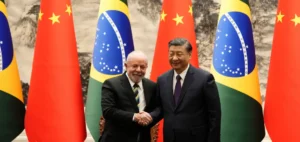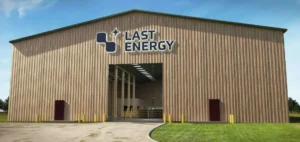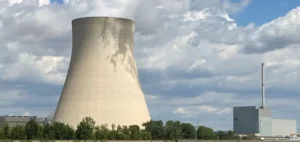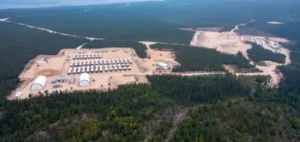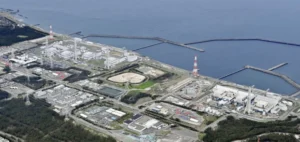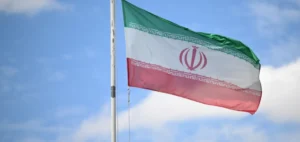U.S. Secretary of Energy Chris Wright held several bilateral meetings with the energy ministers of Romania and Bulgaria to strengthen cooperation on large-scale energy projects. Discussions focused on pumped-storage hydropower plants and nuclear power facilities.
Romania formalised the signing of a memorandum of understanding between state-owned Hidroelectrica and the National Renewable Energy Laboratory (NREL), a U.S. government-affiliated body, to develop pumped-storage plants in the Carpathian Mountains. According to Romanian Minister of Energy Sebastian Burduja, pre-feasibility and feasibility studies will be carried out with American support.
Nuclear projects and strategic interconnections
Burduja also noted that several U.S. companies are engaged in strategic projects in Romania. These include a small modular reactor (SMR) project led by NuScale in Doicești and a contract with Fluor and Sargent & Lundy for the construction of units 3 and 4 at the Cernavodă nuclear power plant. Fluor is also participating in a high-voltage direct current (HVDC) interconnection project aimed at reinforcing the stability of Romania’s power grid.
Another area of cooperation involves mapping and exploiting geothermal resources for district heating in Bucharest. Electrocentrale București (ELCEN) is working on this initiative with U.S.-based SAGE Geosystems, with partial funding from the European Union’s Modernisation Fund.
Technological deployment in Bulgaria
Bulgaria, for its part, aims to become the first European country to deploy AP1000 nuclear technology developed by Westinghouse Electric. Energy Minister Zhecho Stankov stated that two new reactors will be added to the Kozloduy nuclear plant, which is managed by state-owned Bulgarian Energy Holding.
Cooperation also includes new pumped-storage hydropower projects and oil and gas exploration in the Black Sea. In parallel, both countries discussed the potential for creating gigafactories incorporating artificial intelligence technologies into nuclear infrastructure, with the goal of fostering employment and innovation.
These announcements were made during the 2025 Three Seas Initiative Business Forum held in Warsaw, further confirming the growing presence of U.S. interests in the Eastern European energy sector.


